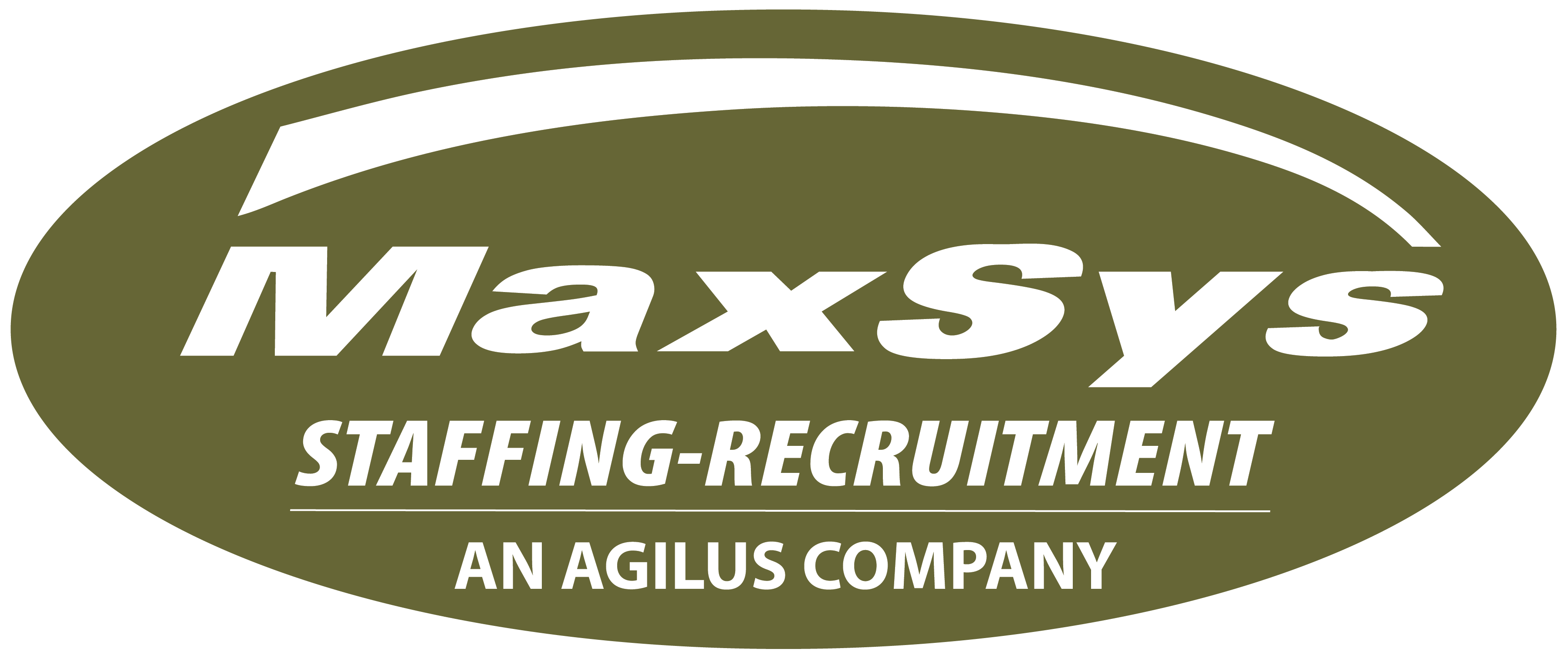February 25, 2020
Mentoring & Coaching Employees
Assisting your employees in reaching their full potential can greatly benefit your company by improving retention rates, productivity and employee satisfaction. That is why many leading companies have set up mentorship programs designed to help their employees reach their career goals.
Mentorship programs require senior and more experienced employees to guide new and junior employees towards their career goals by providing advice and training. This can be done through job shadowing, monthly coffee meetings or company-wide mentorship sessions.
These kind of programs not only help junior employees learn and grow they also help senior employees develop their leadership and coaching abilities.
Here are 5 tips for how to be a successful mentor.
1. Guidance and Counseling
Mentors should act as personal advisors who reflect on their own experiences and expertise to guide other employees, so don’t be afraid to open up about your mistakes and successes.
By discussing your past experiences you should be able to help your employee navigate difficult situations and set the precedent for how to best approach any conflicts that arise.
While mentoring more junior staff you should take this opportunity to identify and correct any employee behaviors that do not fit within the organizational culture before they become a bigger issue.
2. Develop a Relationship
Developing a mentoring relationship with your employee is arguably the most crucial part of the whole process. In a survey commissioned by MaxSys, it was reported that of the 75% of the Executives surveyed who had previously had mentors, over 60% of them agreed that the greatest benefit was gaining a confidant and adviser.
Whenever you are paired with a new employee you should take some time to get to know them, their career goals and desires before you begin to focus on achieving learning objectives.
3. Teach and Model
In areas such as ethics, values, methods, attitude and procedure, they are likely to follow your lead. As your mentoring relationship grows stronger try to avoid becoming unprofessional to ensure you keep your employee on the right path.
4. Motivate and Inspire
As a mentor, be ready to validate, support, and encourage your employees. Helping them reach their goals, work through their problems and encouraging them to share their own ideas for company growth will propel them down a path of success.
For achieving great results, you should have a motivation strategy in place to maintain the spirit of enthusiasm among employees.
5. Promote!
By publicly advocating for junior employees, you are opening doors for them that can help propel their careers. As a mentor, you can choose to seek and create new opportunities to connect them with other people in your network. These opportunities could be as simple as a LinkedIn introduction, bringing them with you to a networking evening, or having them take part on a project with outside stakeholders.
They will appreciate the support and your relationship will be strengthened.
As you can see, mentorship programs are not only a benefit to junior employees, but to the future success of your company as well. As a mentor, you should be ready to discover the strengths, weaknesses and unique qualities of the employees you mentor. By providing them with feedback and guidance you will be giving them some essential tools that they need to reach their full potential.
HR Magazine, Wikipedia & Forbes



